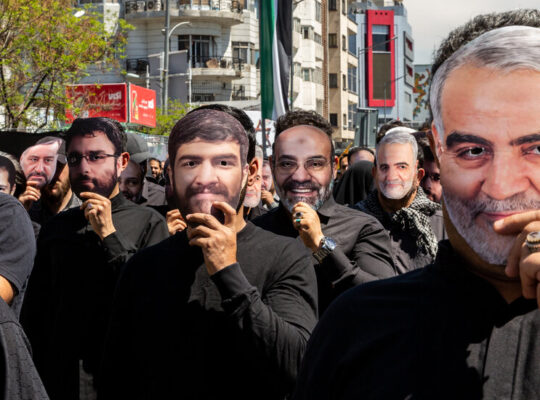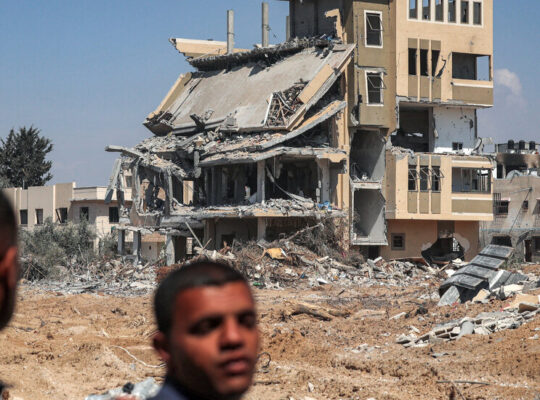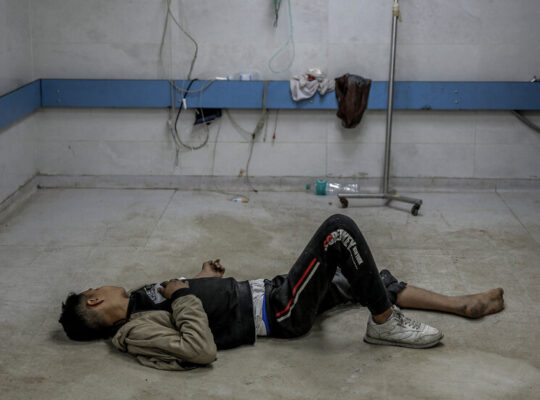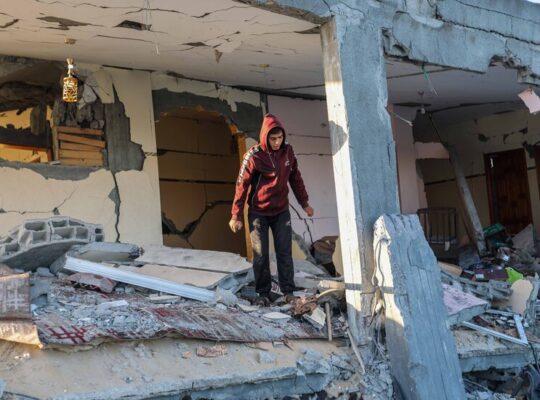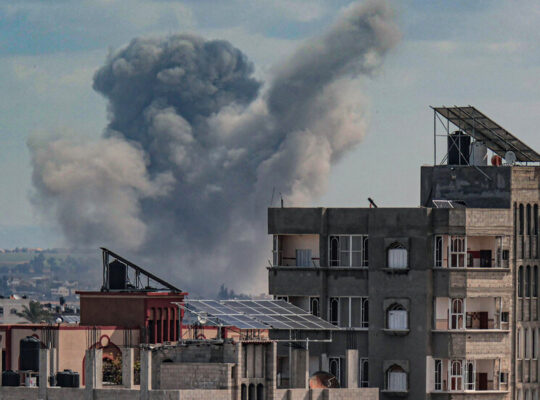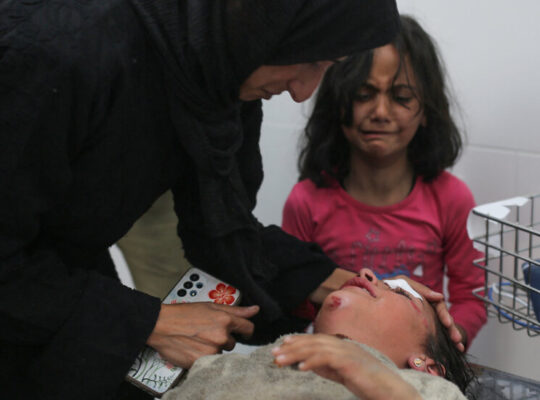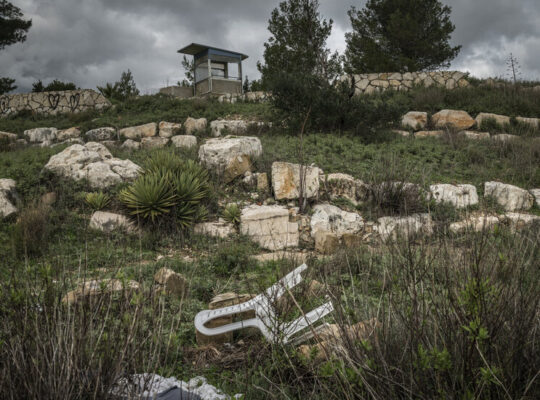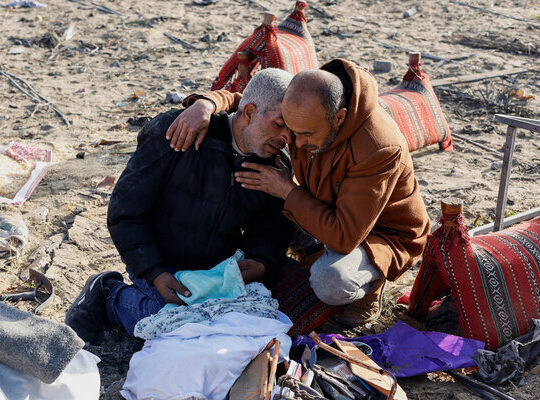[ad_1]
Nurit Cooper, 79, is one of the Israeli hostages released by Hamas. But her son, Rotem Cooper, continues to press for the urgent release of the remaining hostages, especially those who are old and sick.
He has a personal stake in the matter. His father, Amiram Cooper, who will turn 85 on Dec. 11, remains a hostage.
“A concrete arrangement is needed to rescue the elderly and the people with chronic conditions. And we know that time is of the essence,” Rotem Cooper said earlier this week. “With the elderly, a few weeks or a few days could make the difference between people making it out alive or not.”
As Israel resumed airstrikes on Gaza on Friday, his worry intensified.
“I and my family are all very concerned about the safety of my father now that the war is raging again,” he said. “We were hoping for the cease-fire and hostages exchange to resume with the release of elderly hostages like my father.”
Amiram and Nurit were kidnapped from kibbutz Nir Oz. According to what he has learned from his mother, who was freed on Oct. 23 after 17 days of captivity, and others who have been released in recent days, his parents and others were kept underground in tunnels, five prisoners in a small room with little light or ventilation. The sandy ground had a flimsy porous covering over it. There was a mattress and a few pillows.
Food was scarce. Most days they were given pita with olive oil. Occasionally there were cheese and cucumbers.
But more concerning, Mr. Cooper said, was that he had been told both that his father had not been receiving much of his needed medication and that he continued to struggle with undiagnosed ailments he was experiencing before he was kidnapped.
“He has a lot of stomach pain,” said Rotem Cooper, “and we don’t know what it is, but obviously they’re not going to take him for a CT scan.”
The deprivation of medical care is likely an issue impacting many, if not all, the older hostages — as well as those with chronic conditions.
To try to prevent the prisoners from muscle atrophy or conditions that can arise from lack of movement while being imprisoned in a small room, Hamas guards encouraged the older hostages to walk daily, Rotem Cooper said.
But navigating the sandy ground of the dark tunnels was challenging for his aging parents and their fellow prisoners, he said, especially because the Hamas gunmen took his father’s eyeglasses when they abducted him and broke his mother’s shoulder. His mother, now living with her daughter in Israel, is working to gain strength through physical therapy.
The rest of her recovery is more complicated, her son said.
“Mentally,” he said, “she’s definitely doing better. She is more engaged with the people and becoming more independent. But one thing that you have to keep in context is that part of recovery is getting back to what you used to do.”
For Nurit Cooper, this is not possible. “My father is still kidnapped” Rotem Cooper said, “and she can’t live in her home at the kibbutz. No one lives there anymore.”
[ad_2]
Source link


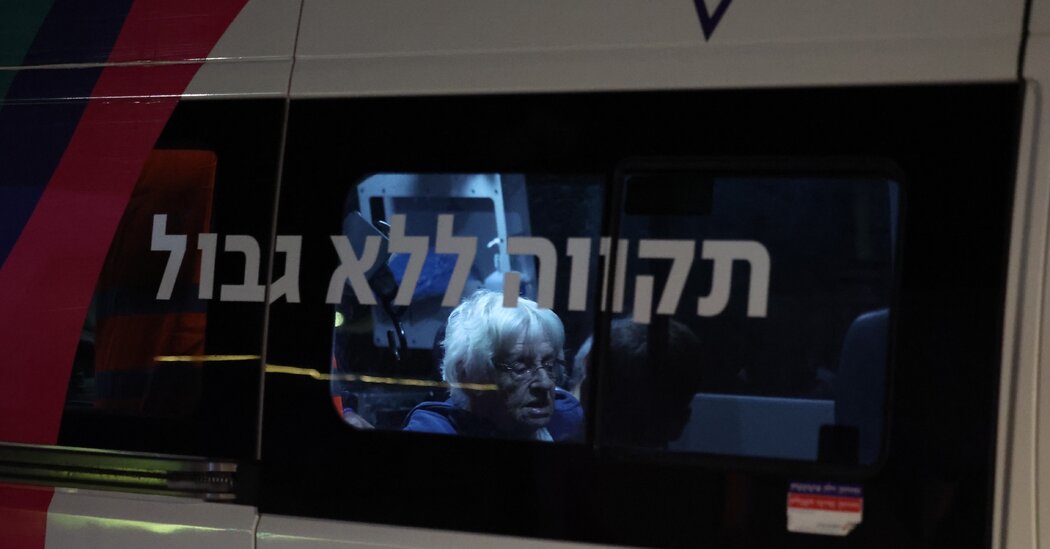
 JEWISH DIGITAL TIMES
JEWISH DIGITAL TIMES